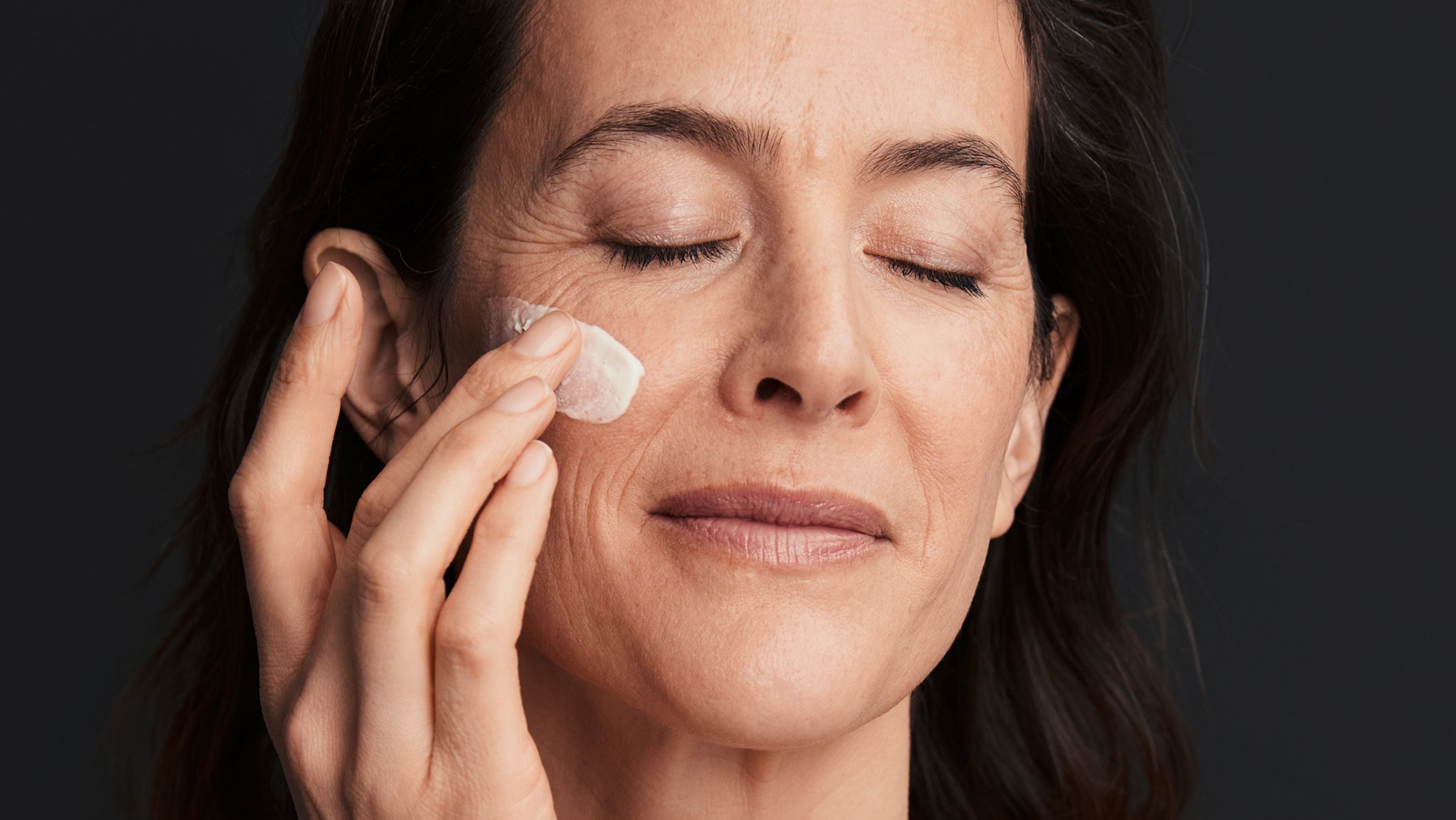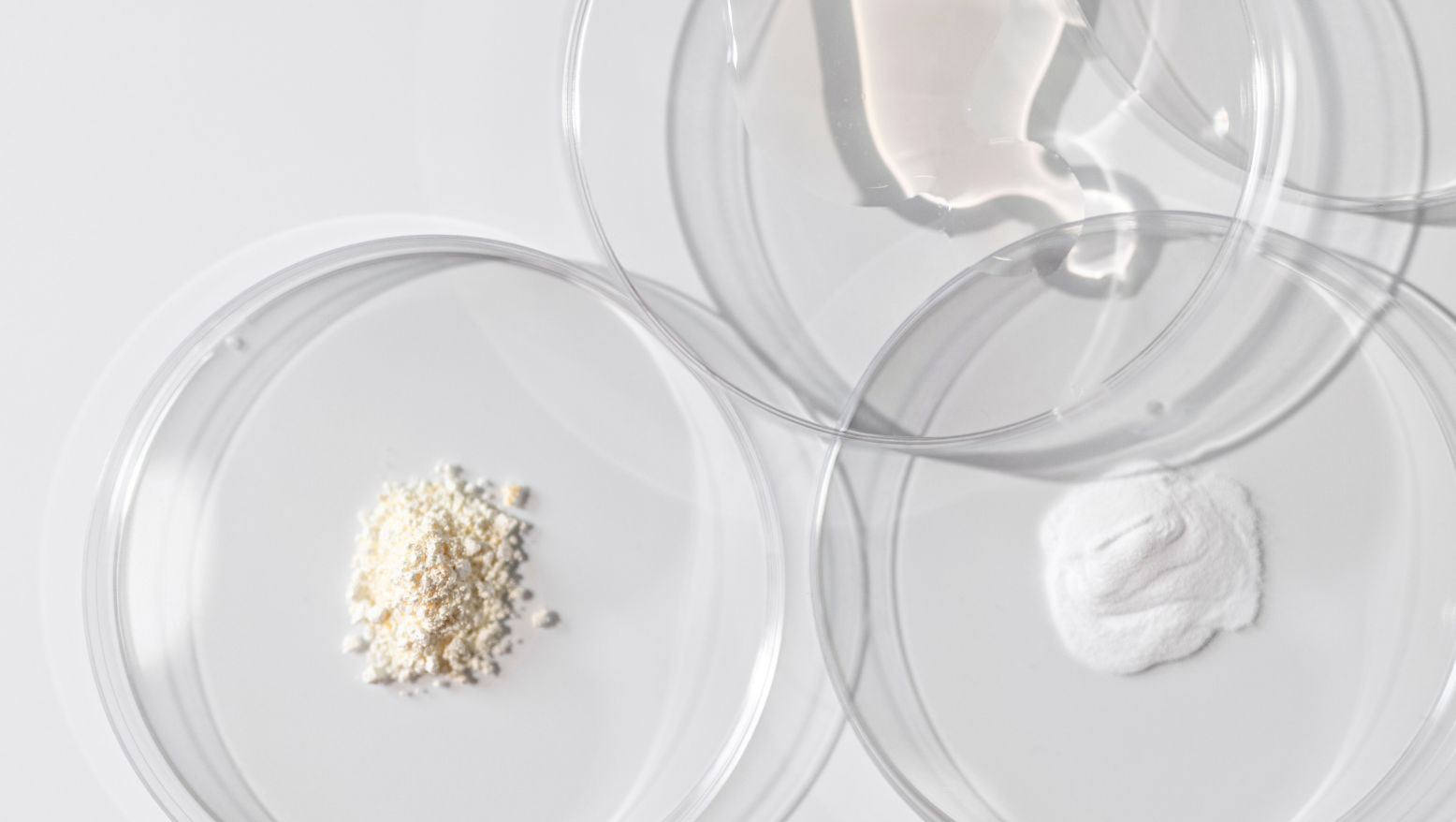
Azelaic acid is naturally found in our skin, but the ingredient often used in skincare comes from grains like wheat and rye. In skincare, it is most often used in products that are meant to stay on the skin, such as serums and creams, where it is given time to work without being washed off. This acid is particularly effective for skin problems like acne, rosacea, and hyperpigmentation, and is therefore an ingredient that can fit well into the skincare routine of people with these skin conditions.
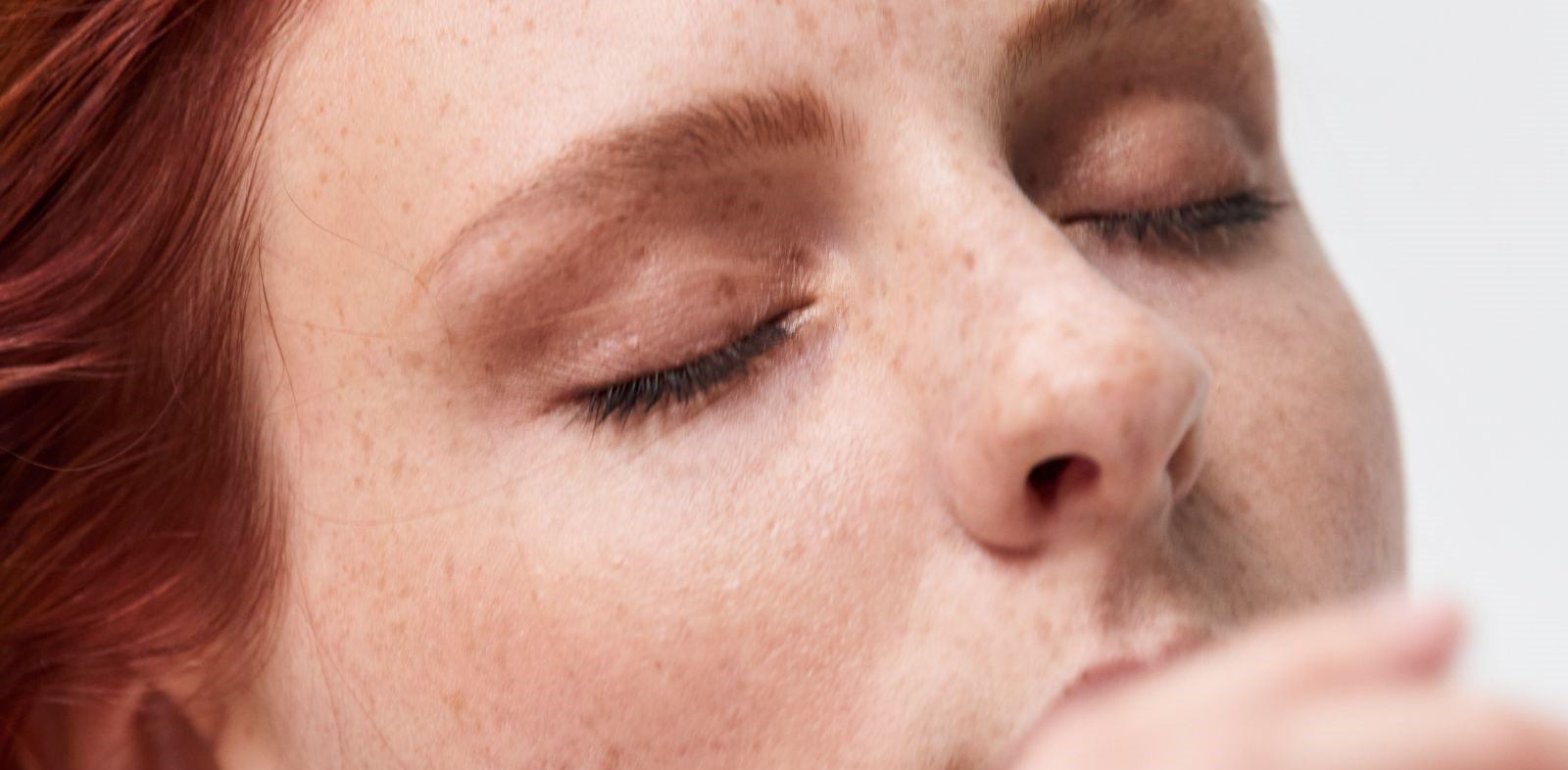
Azelaic acid is a versatile ingredient with multiple benefits, making it particularly useful for a variety of skin concerns:
Acne
Azelaic acid has an antibacterial effect against the bacteria Propionibacterium acnes , which contributes to acne. It also helps reduce sebum production and prevent clogged pores, making it particularly effective for both hormonal acne and adult acne.
Rosacea
In rosacea, azelaic acid helps reduce inflammation caused by the peptide* cathelicidin. Cathelicidin is part of the body's defenses, but when overproduced, it can lead to inflammation and redness, making azelaic acid an important treatment for reducing these symptoms.
Hyperpigmentation
Azelaic acid slows down the overproduction of melanin, which helps to even out skin tone and reduce dark marks, such as the scars that can occur after acne or as a result of melasma.
*Peptides are short chains of amino acids that act as building blocks for proteins in the skin.
Azelaic acid's unique properties - being both antibacterial, anti-inflammatory and keratolytic (breaks down dead skin cells) - make it an excellent multifunctional treatment for many skin types and problems.
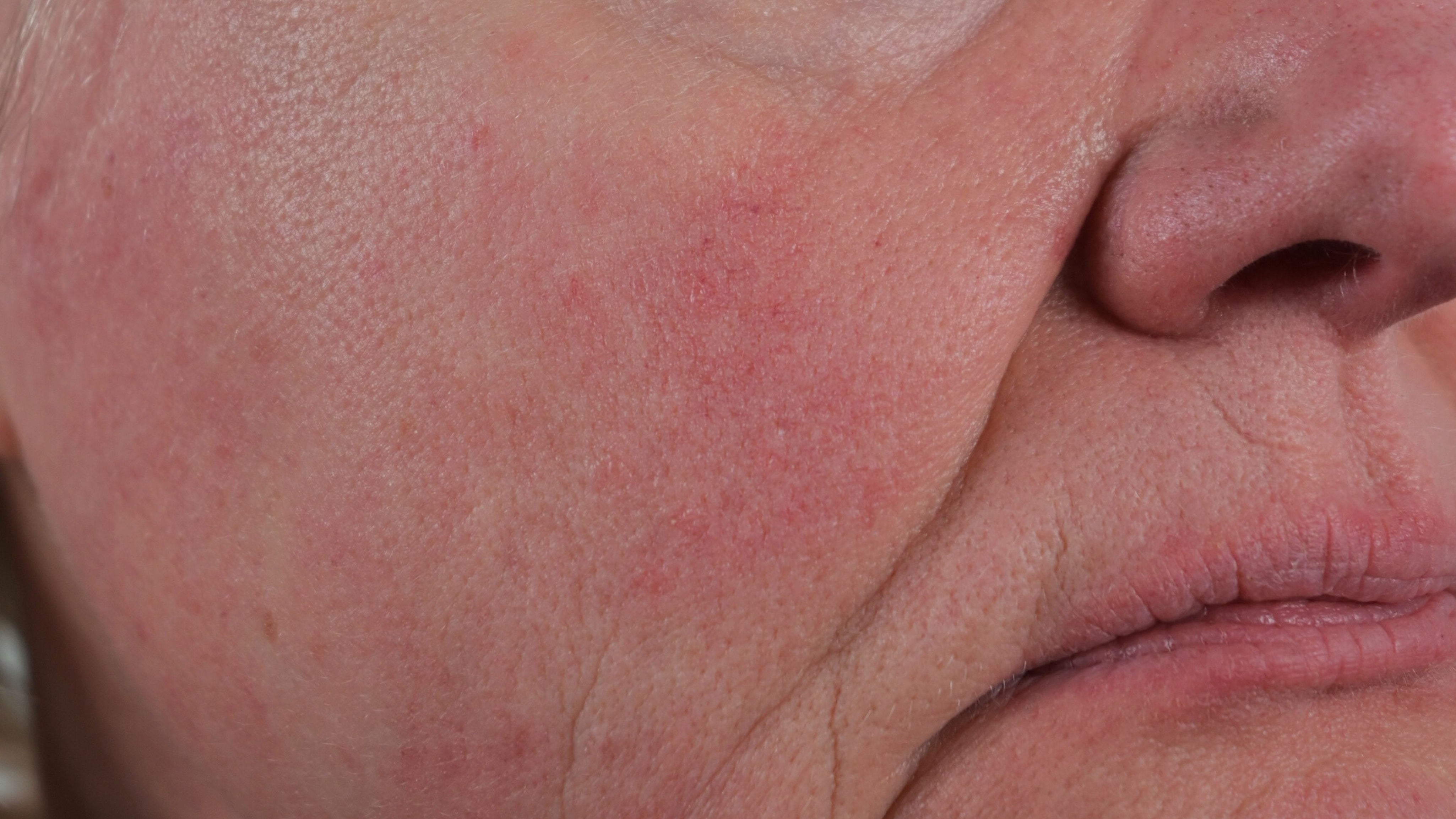
Rosacea is a common, chronic skin condition that primarily affects people with fair skin. It is characterized by recurring facial redness, visible blood vessels, and sometimes a rash that resembles acne.
The cause of rosacea is not fully understood, but both genetics and factors such as immune system function and environmental influences are believed to play a role. Stress can also worsen symptoms.
Want to know more about Rosacea?
Read our article 5 tips for those with rosacea where we give our best tips for rosacea-prone skin.
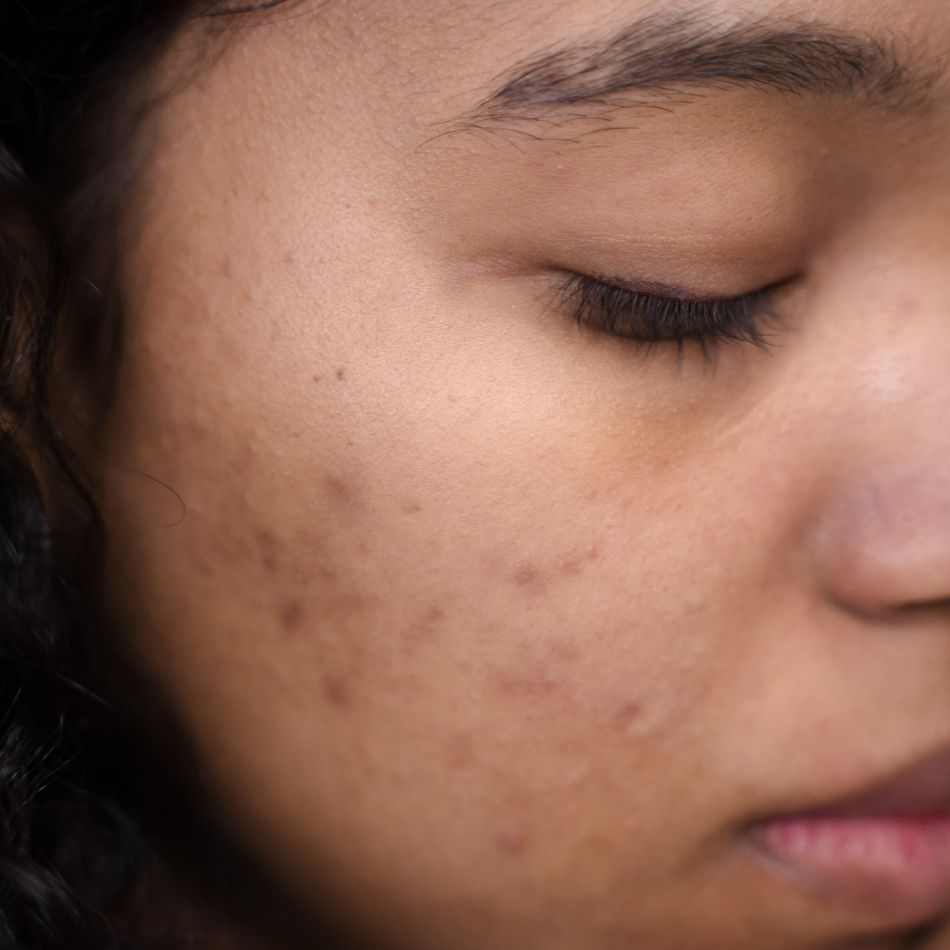
Acne is one of our most common skin conditions, affecting both adolescents and adults. Teenage acne is often caused by hormonal changes during puberty, which leads to increased sebum production and inflamed pores.
Adult acne, especially hormonal acne, often appears around the jawline, chin, and neck, and in women, it often worsens during hormonal changes such as the menstrual cycle, pregnancy, or menopause.
Want to know more about acne?
Read our article 5 tips for those with acne or acne-prone skin.
Azelaic acid is safe to use daily, both morning and night. The most common concentration in skin care products is 10%, which is effective enough without causing irritation for most skin types. If you have sensitive skin, you can start using azelaic acid 2-3 times a week and gradually increase your usage. It is also a good idea to use sunscreen daily, although azelaic acid does not make your skin more sensitive to the sun, to protect against hyperpigmentation.
Azelaic acid is a powerful yet gentle ingredient that can treat a range of skin conditions, from acne and rosacea to hyperpigmentation. Its antibacterial and anti-inflammatory properties make it especially useful for those with sensitive skin or skin that reacts easily to other acids. By using azelaic acid as part of your skincare routine, you can effectively combat the problems that can lead to skin conditions that can be both mentally and physically distressing.



